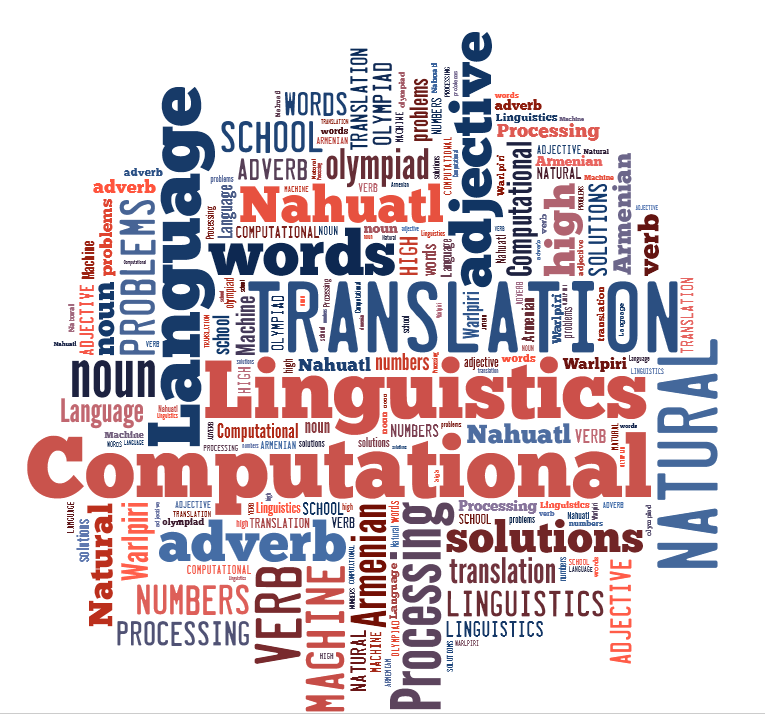
The conversion blog
The modern online shopper wants to find exactly what he is looking for ... instantly and without knowing the exact product description! The average online customer today is tired of scouring category pages in order to find the right product. Therefore, the onsite search in a modern online shop must be fast and intelligent, thus making it easier for shoppers to find the right products.
The days when it was enough to provide a simple search function are long gone. For example, as the Internet has undergone a complete search evolution, search technologies are now equipped with natural language processing, for example. Sophisticated algorithms, voice searches and many other innovations make it possible to predict and better coordinate searches. With the introduction of the semantic Instant Search, online shoppers can now find the desired products in an online shop easier and faster than ever before. Because only if the shoppers find the products quickly and easily, they can also buy. The online retailers can no longer afford to lose potential online customers to Amazon and others due to a bad onsite search technology.
Internet of things (IoT) devices, such as Amazon’s Echo and dash buttons, Google’s Home and others are starting to take a more active role in the shopping process. While it is possible for big conglomerates to convince shoppers to buy and use their devices, this option is entirely unavailable for smaller (and some even bigger) online merchants
Even five years ago, the idea of a personal assistant was something reserved for the rich and famous, the wealthy or top-end business professionals. Today, however, every smartphone owner gets the experience of a personal assistant in their pocket. Thanks to Apple’s Siri, Microsoft’s Cortana and Amazon’s Alexa (and to some extent, Google Assistant), being able to speak a command and get results is instantly possible.
The English language is made up of thousands of words. It’s no surprise that frequently, there’s overlap when it comes to what some words mean. Is there really any difference between “rough” and “rugged” or “clear” and “transparent”?
In some cases, word distinction is extremely important and if the precise word isn’t used, the entire meaning of something could be changed. Thankfully, eCommerce is not one of these settings and saying “fuzzy” vs. “fluffy” isn’t going to have a profound effect on someone’s ability to explain the type of sweater they’re looking for!

What does a product name like “Women’s Green Wool Sweater” really tell you? Well, to state the obvious, it tells you the following:



